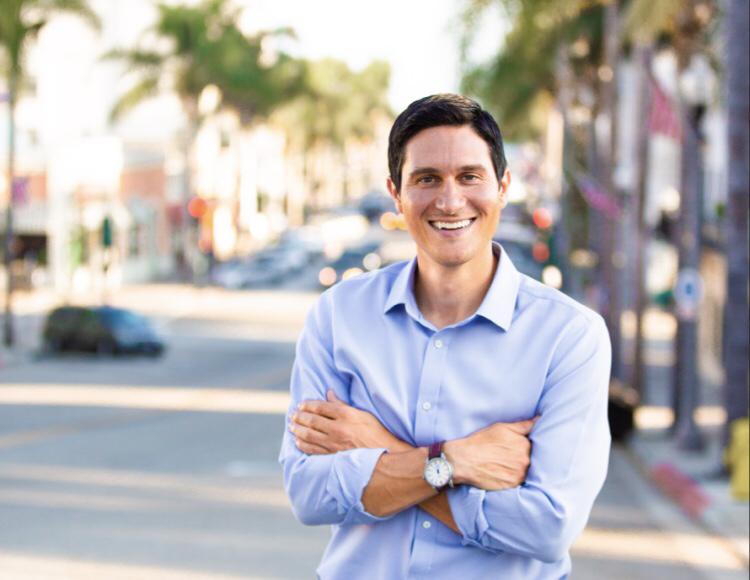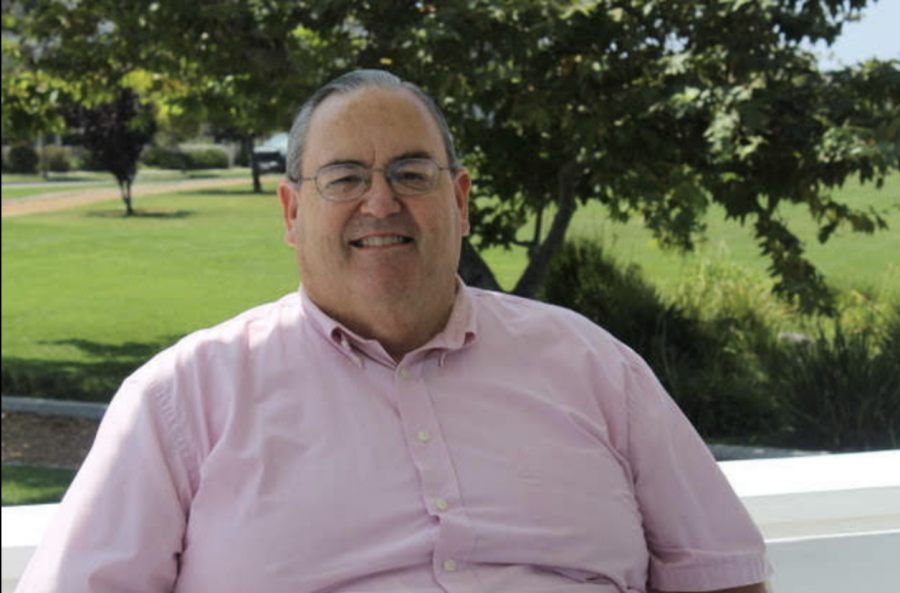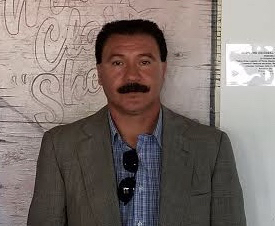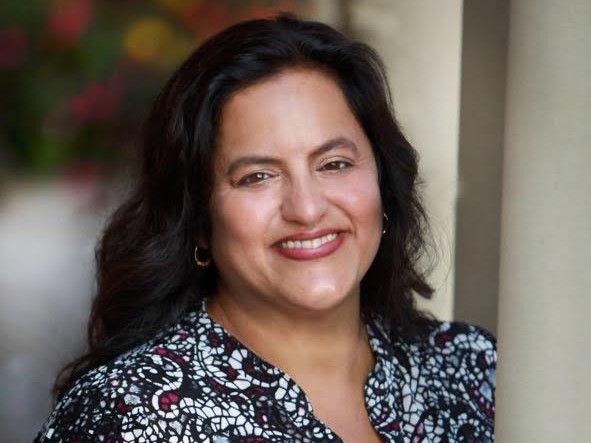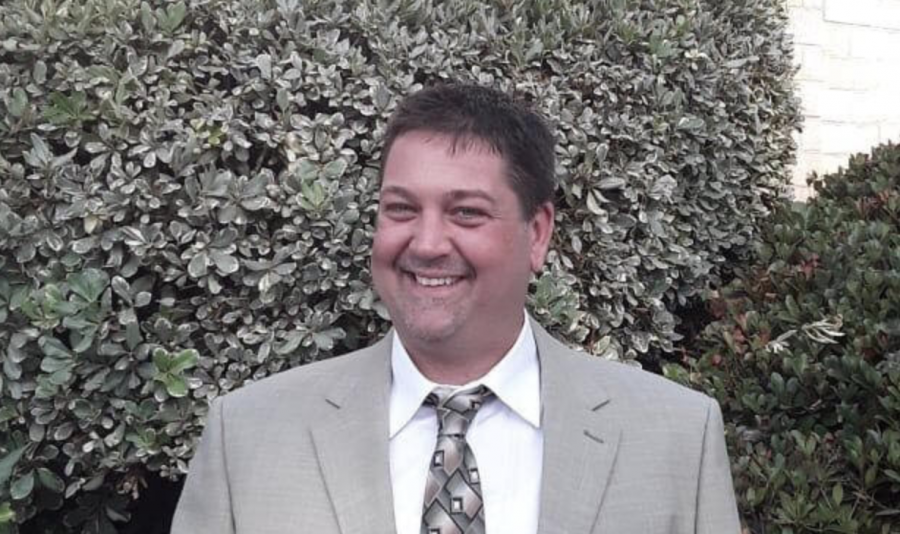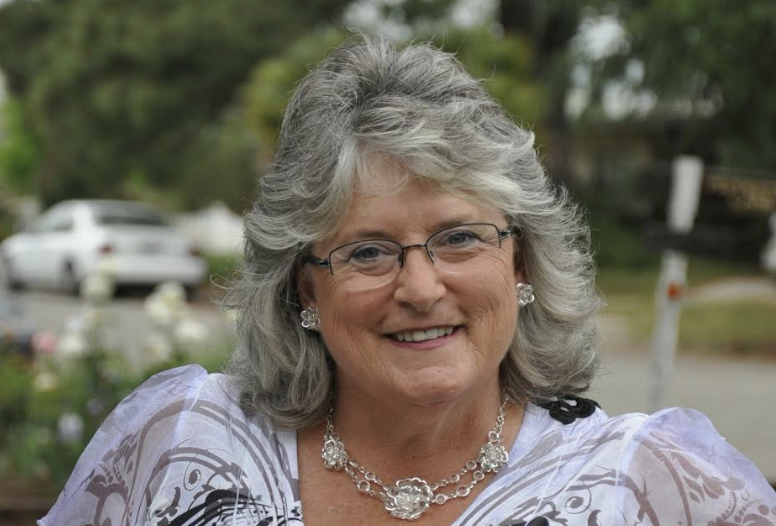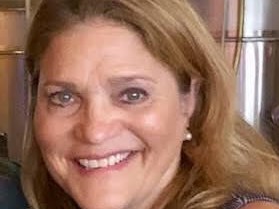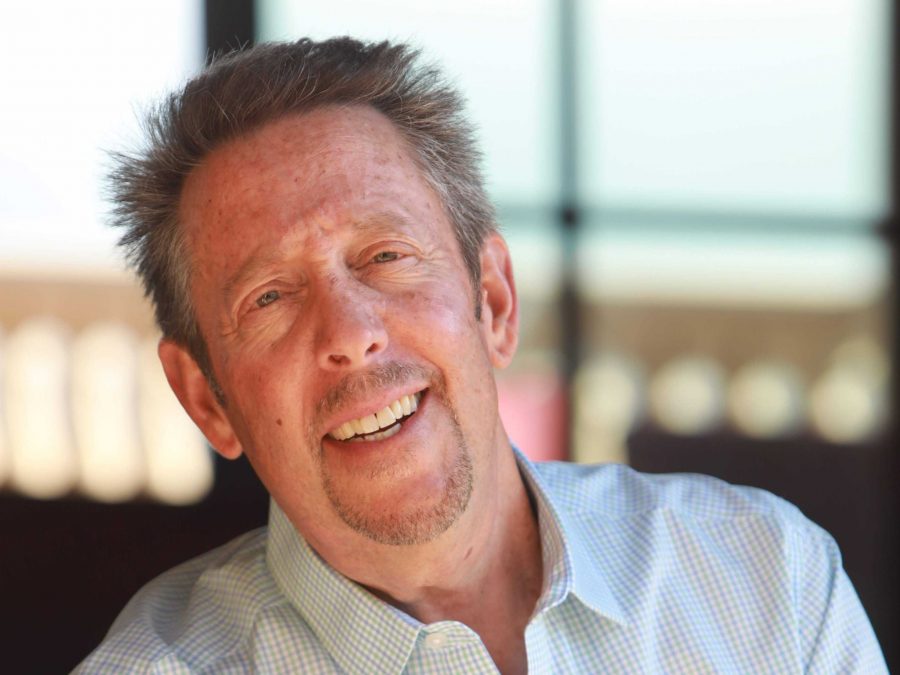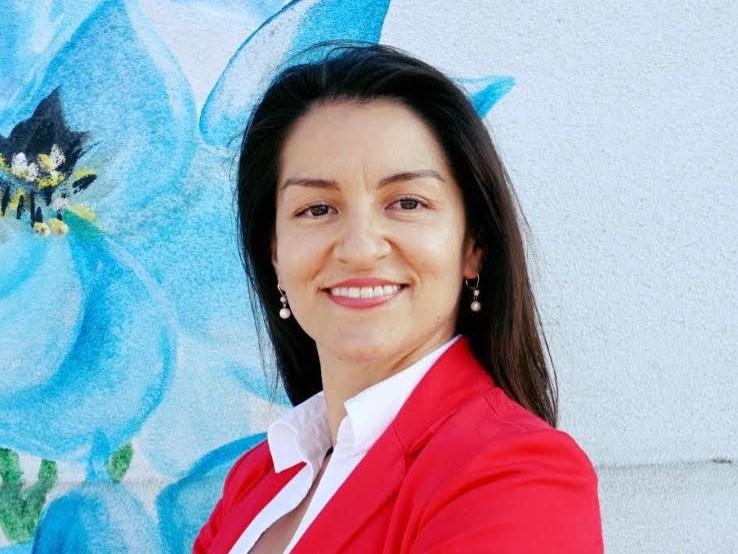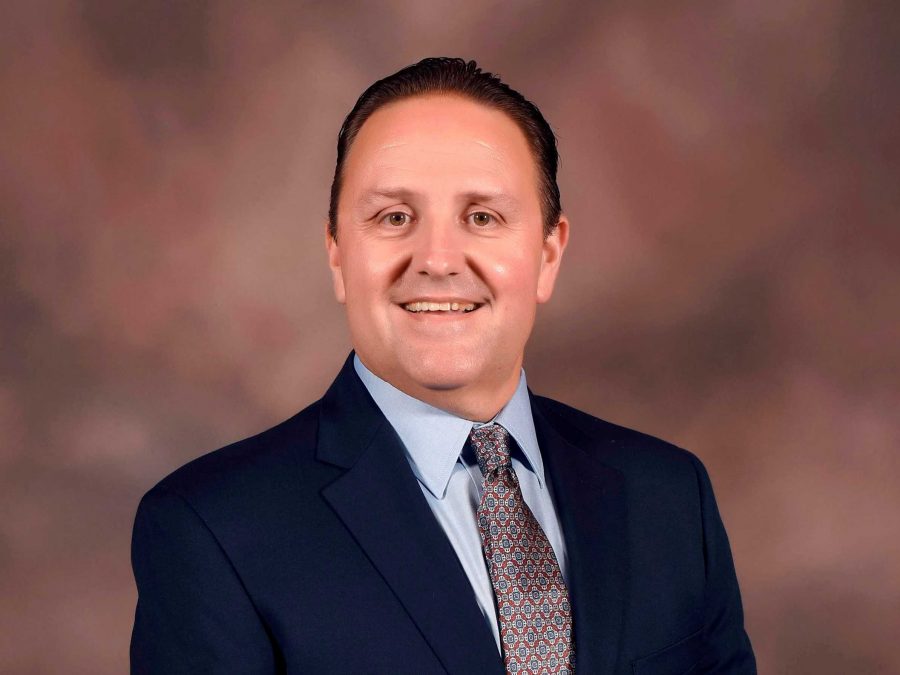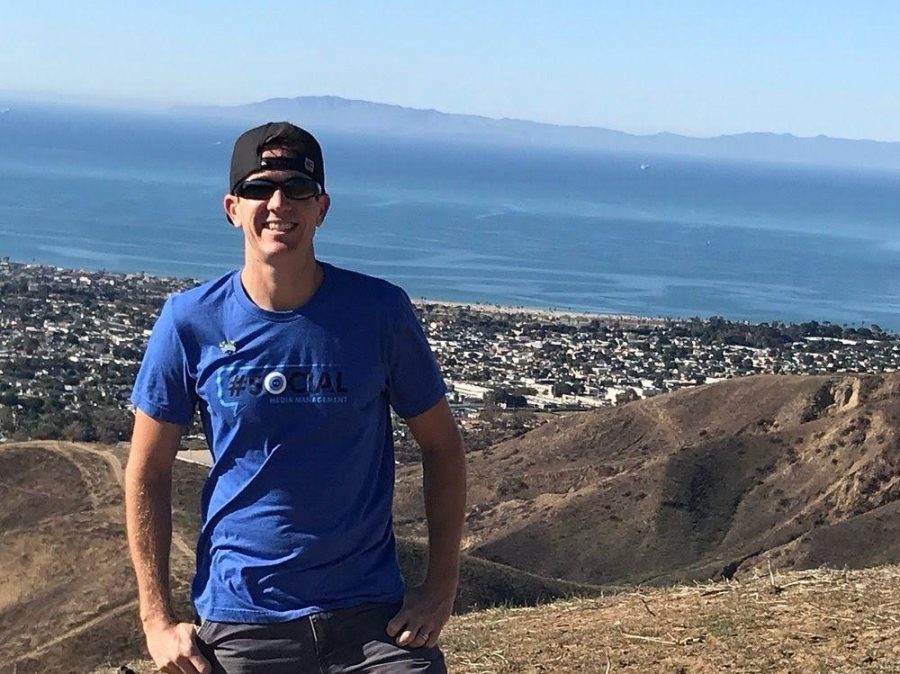INTERVIEWER: What’s your background as a Venturan?
KEVIN CLERICI: Well, great question. I moved here about 14 and a half years ago. I actually came as a journalist. I was hired by the Ventura County Star in 2011 and had a ball. I worked for the paper for many years, and covered Ventura, so it gave me this awesome introduction to how Ventura works, how city government works, how the community works. And then, because of so many changes in the journalism industry, I had an opportunity to become the director of Downtown Ventura Partners, which is the business improvement district in Downtown. I used to joke about how before, it was sort of indirect service—just writing about an injustice, or something not working well, hoping someone pays attention and did something about it, whereas now as the director of Downtown, I feel like if we see issues or challenges we get to have direct service and see what we can do to fix them. So I feel like that sort of made me uniquely qualified to step into the role of a City Council member. I get to work daily with over 250 small business owners, property owners, residents, stakeholders—we’re on the front lines every day of our homeless and housing challenges, and I’m deeply involved and care deeply about our town and being informed and accessible, so I think that puts me in a good position to transition to an elected leader.
INTERVIEWER: Which measure on the ballot are you most passionate about and why should students and their families also support it?
CLERICI: I don’t think there’s any city measures that are on this year’s ballot, but we do have a handful of statewide measures. I would probably say the ones most relevant for us are Prop 1 and 2, because both are really aimed at adding additional funding for housing for particularly those with mental illness. I can tell you as someone who’s in the community—downtown—that we have a challenge with that. There’s a lot of individuals who have mental health issues that need care and I’m one who believes in the housing first model, which is to try and get them into some housing environment to get stabilized to kind of get towards a path of self-sufficiency.
INTERVIEWER: Two state propositions that would likely prove to be significantly impactful if passed in the election are Prop. 2 and Prop. 12. Do you support either, both or neither of these measures? Why?
CLERICI: I’m supportive of 1 and 2, and I think the biggest reason why—particularly for our county and for our city—is because we do have very real challenge with a vulnerable population. Many in that population have some level of mental illness. I recently toured our Hillmont Psychiatric Unit and part of the facility is not functioning because they’re going through some licensing changes. They have more demand than they have space. So, I think it’s important that we find ways to add more resources to this real challenge
INTERVIEWER: And what about Prop. 12?
CLERICI: Tell me more on 12.
INTERVIEWER: It’s the Animal Farm Confinement Initiative—making egg-laying hens cage free.
CLERICI: Well, I would say that I’d be supportive of Prop. 12 from the standpoint of, you know, I think there’s been established abuses in the commercial egg-producing industry. If there’s abilities to try and bring more oversight and regulation, then I think that’s a good thing. I haven’t heard every line in the measure, but I think if the intent is to try and bring a little bit better sensible management to that industry, I think it should be supported.
INTERVIEWER: How do you plan to strengthen the partnership between the school district and the city, and involve more students in local government?
CLERICI: Well, that’s a great question. I think for starters, City Council and the School Board should do a better job of communicating more regularly, you know. Those are the two most important elected bodies that set policy for residents and students, and I think the relationship is strong now but I think it could be strengthened. I’m very close with Sabrena Rodriguez, one of the School Board members. We’re already working together on various issues. If elected, I feel like that would be just another way that we could build that relationship. But as for getting students involved, it’s absolutely critical that young adults know the importance of their role, and frankly, the power of their voice—both on a local level and even national. I love that there’s now pre-registrations so that you can get yourself in position to be able to vote at 18. Making that easier or more accessible is an important thing. If elected, I would love to see what I call a junior leadership program, but I mean more, I feel like our City Hall is maybe not as accessible as it could be, in that you literally and figuratively have to go up on a hill, and it can be a little intimidating, maybe. I would love to see Council Members come down and engage more with our student body to make them feel more welcome and have more opportunities. If you have an interest in government, I would love to see where students could come and not only tour City Hall, but I think better understand how the Water Department works, or how the Public Works Department works and I think if young people, young adults, really all residents have a better understanding of that, then they’re going to be more informed to make better decisions and feel more empowered to have a voice on something.
INTERVIEWER: What do you think is the most pressing issue facing our city today and how can it be addressed?
CLERICI: I think we have a couple, a few, you know—the most pressing issue for me is probably neighborhood safety, but also I think we’ve got to continue our effort to get more local control in our water. Water’s a real issue. The city is on a path to connect to the state water project. I think that’s a first start. I think we’ve got to also look at a local purification system to use our treated effluent—I’m really supportive of that. But, coming back to the safety component, I do feel that we have significant challenges with our vulnerable population—I intentionally use the word “vulnerable” instead of “homeless” because I feel like there’s still a stigma around the words “homeless population,” and I think that we have a real spectrum of a multi-faceted group of individuals. From working poor, to those who have much bigger challenges, like addiction and mental illness, and I think we’ve got to, as a community, be able to have a more comprehensive plan to address them. And we actually do. I’m part of a coalition that’s growing to see that Ventura actually follows through with a year-round, 24/7 homeless facility or stabilization center. I think we’ve got to have additional housing, for the people who come out of that, in a more innovative and creative way. For instance, we have the River Haven tent community, I’d like to see that expanded; I think that’d be a great bridge housing. Some non-profits, some service agencies that have property in town, that I think the Council could do a better job of working with them, to actually use that land to turn it into permanent supportive housing. So that’s another model for individuals who need the care. I would say those are probably the two most pressing issues: that and just, above all, I think the Council has to be good stewards with the money, with all taxpayer dollars and make sure that we are not overextending ourselves and living within our means.
INTERVIEWER: Our City Council representatives should embody the values closest to our hearts, because these values will guide their decisions in office; they should also act as leaders not only on Monday nights in City Hall but throughout their term in their interactions with the community. What values do you embody, and how do you act as a role model for the youth of Ventura?
CLERICI: I have an 8-year-old daughter. So, I believe in truthfulness, transparency; I’m always trying to encourage her to treat others how you want to be treated. And I think fairness, particularly when it comes to the government, is an appropriate and critical word, because you’re always having to balance what’s the best decision, I think, for the community at large. Not everyone’s going to be happy. You have to be prepared to have thick skin, because every decision you make, there’s always going to be someone who is disappointed. But I think if you follow that moral compass—when you evaluate a decision and see, is it truly fair to everyone? Is it serving the community versus maybe one special interest? I think it’s important for a City Council member to be a part of that. I also think you should lead a little bit by example. For instance, these last few years, I’ve really tried to get involved with various organizations. I’m currently the president of the Ventura Community Partners Foundation, and just a month ago we had a fundraiser to generate dollars for scholarships for low-income families, so their children can participate in after-school programs and swimming lessons, recreation programs. I co-chair Art Walk which just happened over the weekend because I think it’s really important that we put a spotlight on our artists and our cultural activities in our community. It’s been important to me personally. I’m also on two countywide appointed boards: I’m on the Behavioral Health Advisory Board, which helps policy when it comes to mental health services countywide. So I think it’s important that you have a good foundation, and be engaged and involved if you’re going to ask people to entrust you with their vote or with the responsibility that comes if you’re elected.


